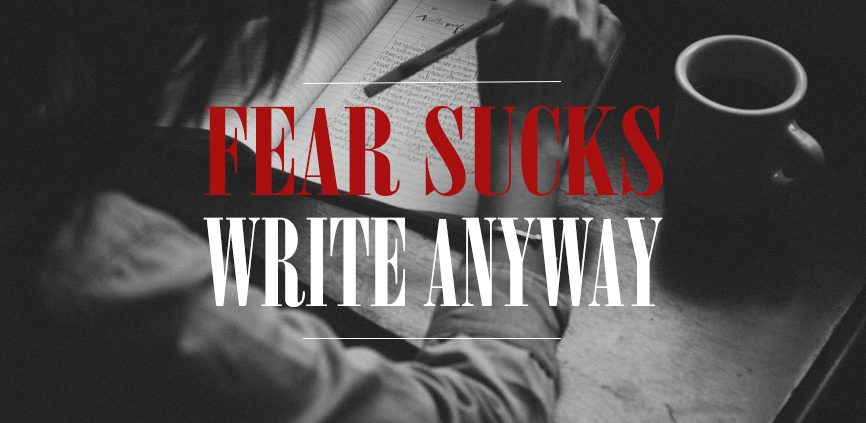How to find the editor of your dreams
You put in the time. You bled all over the pages. You slept hardly at all for months. And here you stand – your book in hand.
Be damn proud.
This is your baby. It probably took longer to complete than typical human gestation. At times, writing it was more painful than childbirth.
But you did it. You defied the odds. You stared down the naysayers and stuck out your tongue.
You hold hundreds of pages of your words. Your thoughts. Your feelings. An entire made-up universe on the page.
Brav-fucking-o.
But now you need an editor.
One thing’s for damn sure: You aren’t going to toss that gorgeous manuscript to just anyone. So where do you look? What do you look for? How do you navigate the hordes of people out there offering to trim and polish your words?
Know what kind of editor you need
Substantive or developmental editors look for holes in your plot. They recognize parts that need to be rewritten and tell you why. They don’t offer a vague notion that chapters 17 through 21 fall flat without also making suggestions on how to make them better. These professionals improve the flow and the quality of your writing. Note that they do not always copy edit, however a good substantive/developmental editor will correct obvious errors.
Copy editors clean up punctuation, fix sentence fragments and correct grammar. They make sure your style – all of the things mentioned in the previous sentence – is consistent. Sometimes they check facts, make sure a website in the text is valid or that a description of a far-flung location is accurate. (Your character probably won’t wear an Irish wool sweater in Tahiti.) Copy editing takes longer than proofreading because the copy editor must go through a text multiple times. It’s easy to miss a change in the way you abbreviate a state, for example, or when you forget to italicize a name that has been in italics throughout the book.
The third kind of editor is a proofreader. They are similar to copy editors, however, they read the final copy – the one that is formatted and almost ready to print. Proofreaders know ahead of time which style guide a book follows (the one established by the copy editor). Proofing requires a trained eye most non-professionals don’t have because our brains tend to automatically correct small errors. Every writer can benefit from a proofreader.
You might want one, two or all three.
I work as a copy editor and substantive/developmental editor simultaneously. My job is to clean up punctuation, grammar and other mundane language gaffes, while reading the story for flow. I make sure it makes sense, that the details bring the story to life. And I help improve the writer’s voice without stamping my own style all over her book. Then I suggest a proofreader.
Find an editor who works with you
Authors and editors need to be on the same team. My success as an editor comes with the success of the author.
I make suggestions, not demands. I explain why. I make sure the author understands.
If it’s not obvious, editors should be able to tell you why they think a particular change is a good idea. Consistency? Proper grammar? You left out the part where her husband dies and skipped straight to the funeral?
Yes, I make books better. But I also make writers better. You should learn from your edit – knowledge you can call up when you sit down to write book number two.
Talk to previous clients
You’d be surprised how many people skip this part.
Find out what other writers liked and disliked. Were deadlines met? Was he happy with her work? Would he hire her again?
Was the editor able to explain the need for particular changes? Did the rates change once the project was started?
Protect yourself with a little legwork.
Ask questions
Editors are exceedingly busy people. But if someone doesn’t have time to answer simple questions about how they work, then they don’t have time for a new client either. Move on, and ask the next one:
- What types of books have you edited (fiction, nonfiction)?
- What is your writing and editing background?
- What is unique about your editing process?
- What types of books do you prefer to work with?
- Can you do a sample edit?
Don’t expect a sample edit for free, but ask for one before you sign a contract. That sample edit should tell you everything you need to know. When you look at the suggestions, you should be absolutely floored by how much better the writing has become while NOT changing your writing voice. If the edits do not wow you, find someone else.
My editing style is as blunt and forward as my writing voice. My clients appreciate the no-nonsense approach. They know that whether I praise something or shred it, it’s genuine, professional advice. Writers who need to be soothed with every invariable change in their work should not hire me.
Make sure you’re comfortable accepting advice from an editor before you hire her, but not so comfortable that you won’t question something that doesn’t sit right. Which goes back to what I said before: Find an editor who works with you. Someone who has no problem talking to you about changes.
Because at the end of the day, it’s YOUR book, darling. We editors are just here to help make shit better.
***
Subscribe in the upper right hand corner and grab my free book A Writer’s Voice, designed to help you write like YOU. So you can say what you want to say, how you want to say it – and stop worrying about what everyone else thinks (and quit writing like a pretentious asshat). It matters.



